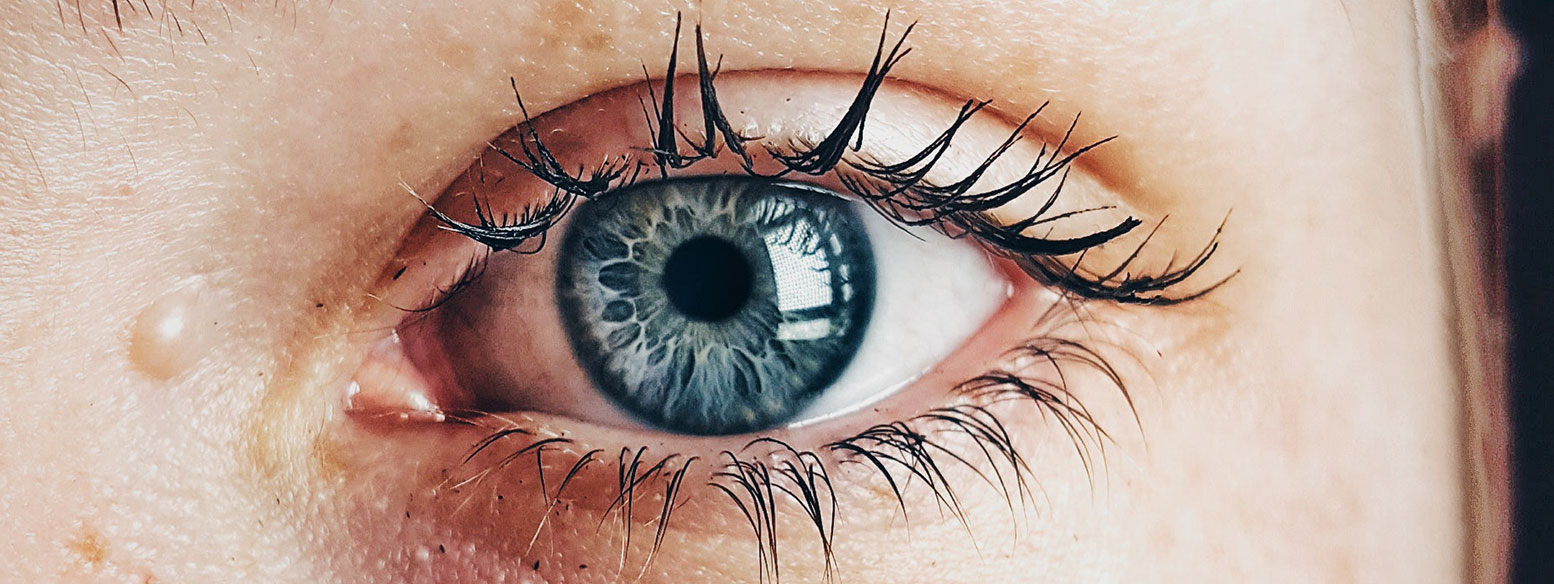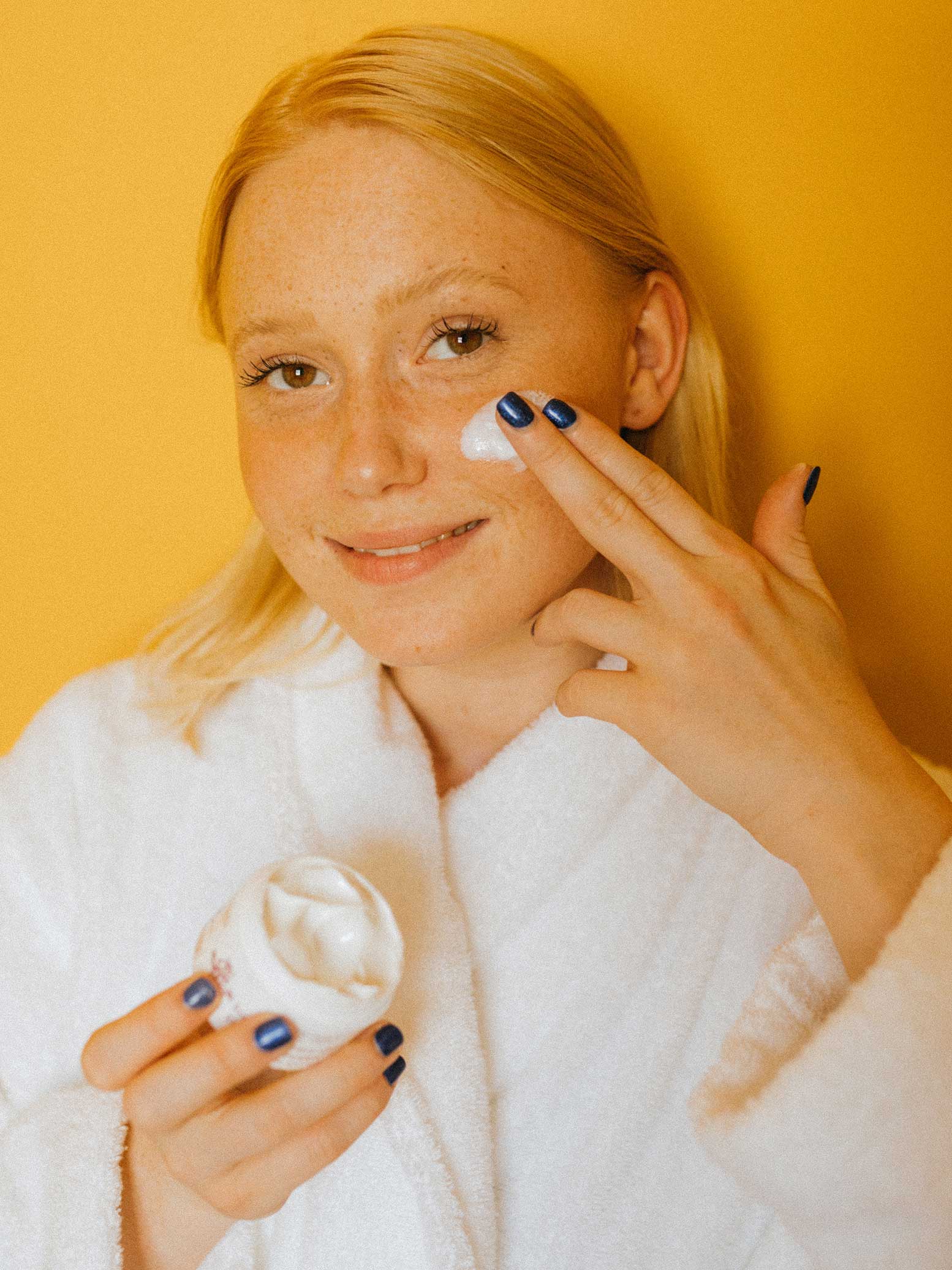C Common Skin Concerns
Rosacea and Sensitive Skin Care: A Comprehensive Guide
By
Beauty Doctor MD September 27, 2023

Rosacea is a common but often misunderstood skin condition that primarily affects the face. It’s characterized by redness, visible blood vessels, and sometimes, small red bumps similar to acne. In addition to these physical symptoms, rosacea can lead to significant discomfort and self-esteem issues. Many individuals with rosacea also have sensitive skin, making it crucial to adopt a gentle and tailored skincare routine. In this comprehensive guide, we will delve into the intricacies of rosacea, its triggers, and the best practices for caring for sensitive skin affected by this condition.
Understanding Rosacea
Rosacea is a chronic inflammatory skin disorder that typically appears in adulthood. It tends to affect fair-skinned individuals and is more common in women. The exact cause of rosacea remains unclear, but it involves a combination of genetic, environmental, and vascular factors.
Common Signs and Symptoms of Rosacea
Rosacea presents in various ways, and not all individuals with the condition will experience every symptom. Common signs and symptoms include:
- Facial Redness: Persistent flushing or redness, often in the central face, including the cheeks, nose, forehead, and chin.
- Visible Blood Vessels: Small, visible blood vessels (telangiectasia) on the face, particularly on the nose and cheeks.
- Pimple-Like Bumps: Papules and pustules may develop, resembling acne. These are often accompanied by burning or stinging sensations.
- Eye Irritation: Ocular symptoms, such as dryness, redness, and sensitivity to light, can occur in some cases (ocular rosacea).
- Thickened Skin: In advanced cases, the skin may thicken, particularly around the nose, leading to a condition called rhinophyma.
Triggers of Rosacea
Rosacea is known for its trigger-based nature. While triggers can vary from person to person, common ones include:
- Hot Beverages: Hot coffee and tea can induce flushing.
- Spicy Foods: Consuming spicy foods can lead to facial redness and flushing.
- Alcohol: Alcohol, particularly red wine and hard liquor, is a common trigger.
- Temperature Extremes: Exposure to hot weather, saunas, or cold wind can exacerbate symptoms.
- Stress: Emotional stress is a known trigger for rosacea flare-ups.
- Certain Skincare Products: Harsh or irritating skincare products can worsen rosacea.
Caring for Rosacea and Sensitive Skin

Caring for rosacea and sensitive skin requires a gentle and consistent approach. Here are some key steps to manage this condition effectively:
- Consult a Dermatologist: If you suspect you have rosacea, or if you already have a diagnosis, consult a dermatologist. They can provide personalized guidance and treatment options.
- Use a Gentle Cleanser: Opt for a mild, fragrance-free cleanser and wash your face twice daily. Avoid hot water, as it can trigger flushing.
- Sun Protection: Daily sun protection is crucial for rosacea-prone skin. Use a broad-spectrum sunscreen with at least SPF 30.
- Moisturize: Choose a gentle, hydrating moisturizer that is free of irritating ingredients like fragrance and alcohol.
- Avoid Harsh Products: Steer clear of skincare products that contain alcohol, witch hazel, menthol, or high concentrations of alpha hydroxy acids (AHAs) and beta hydroxy acids (BHAs).
- Topical Medications: Your dermatologist may prescribe topical medications, such as metronidazole or azelaic acid, to manage redness and inflammation.
- Oral Medications: In some cases, oral antibiotics like doxycycline or isotretinoin may be prescribed for more severe symptoms.
- Identify and Manage Triggers: Keep a journal to identify personal triggers, and make lifestyle adjustments to avoid them when possible.
- Ocular Rosacea Care: If you have ocular rosacea, consult an eye specialist. They can recommend lubricating eye drops or other treatments.
- Minimize Stress: Stress management techniques like meditation, yoga, and deep breathing can help reduce emotional triggers.
- Cool Compresses: Applying a cool compress to the face during flare-ups can provide relief from burning and redness.
- Laser and Light Therapies: For visible blood vessels (telangiectasia), laser and light therapies can be effective in reducing redness.
- Avoid Overheating: Avoid saunas, hot baths, and other situations that can cause overheating and facial flushing.
- Rhinophyma Management: If rhinophyma develops, surgical or laser procedures may be necessary to reduce skin thickness.
Conclusion
Living with rosacea and sensitive skin can be challenging, but with the right skincare routine, lifestyle adjustments, and medical guidance, it’s possible to manage and even reduce the symptoms. Remember that consistency is key, and what works for one person may not work for another, so consult with a dermatologist to create a tailored plan for your unique needs. By adopting a gentle and proactive approach, you can regain confidence in your skin and enjoy a better quality of life.

